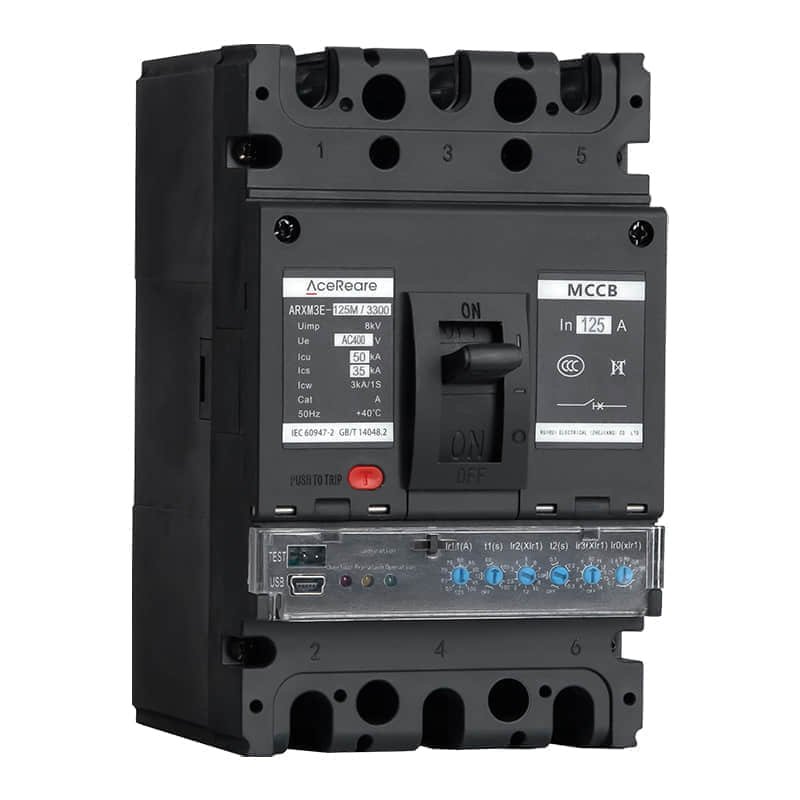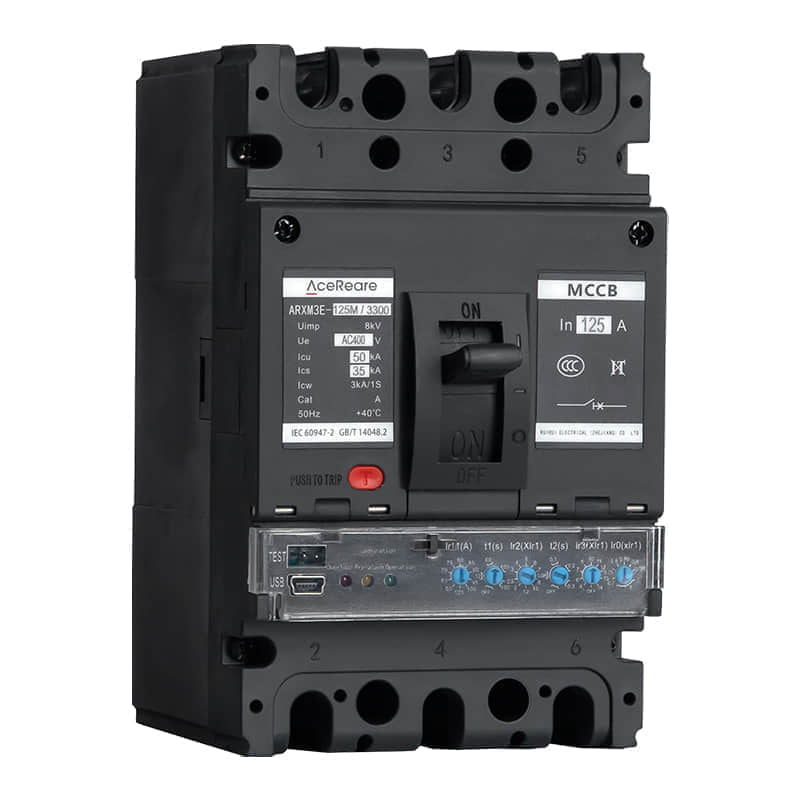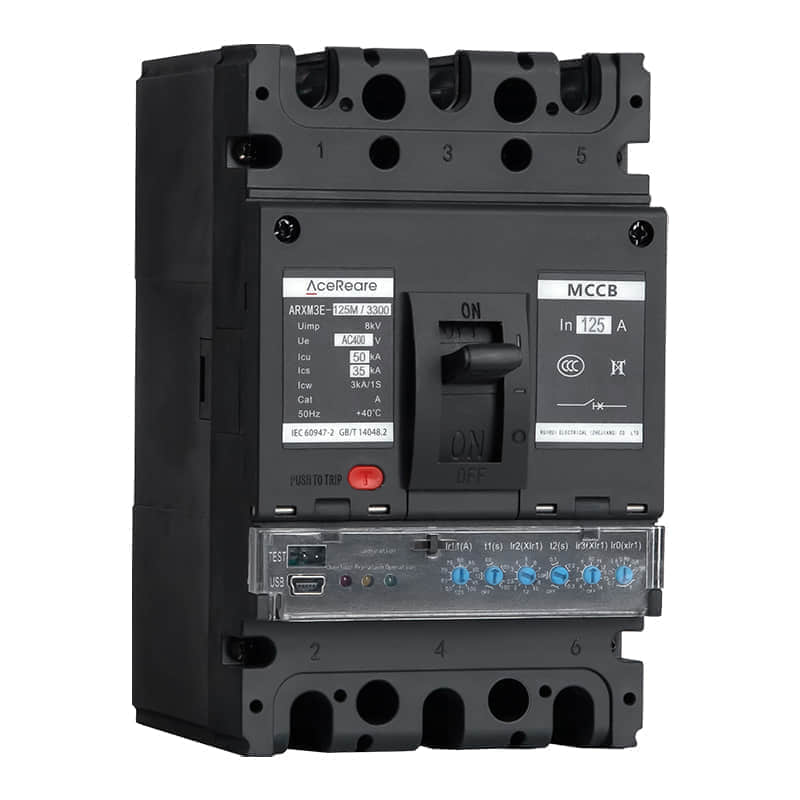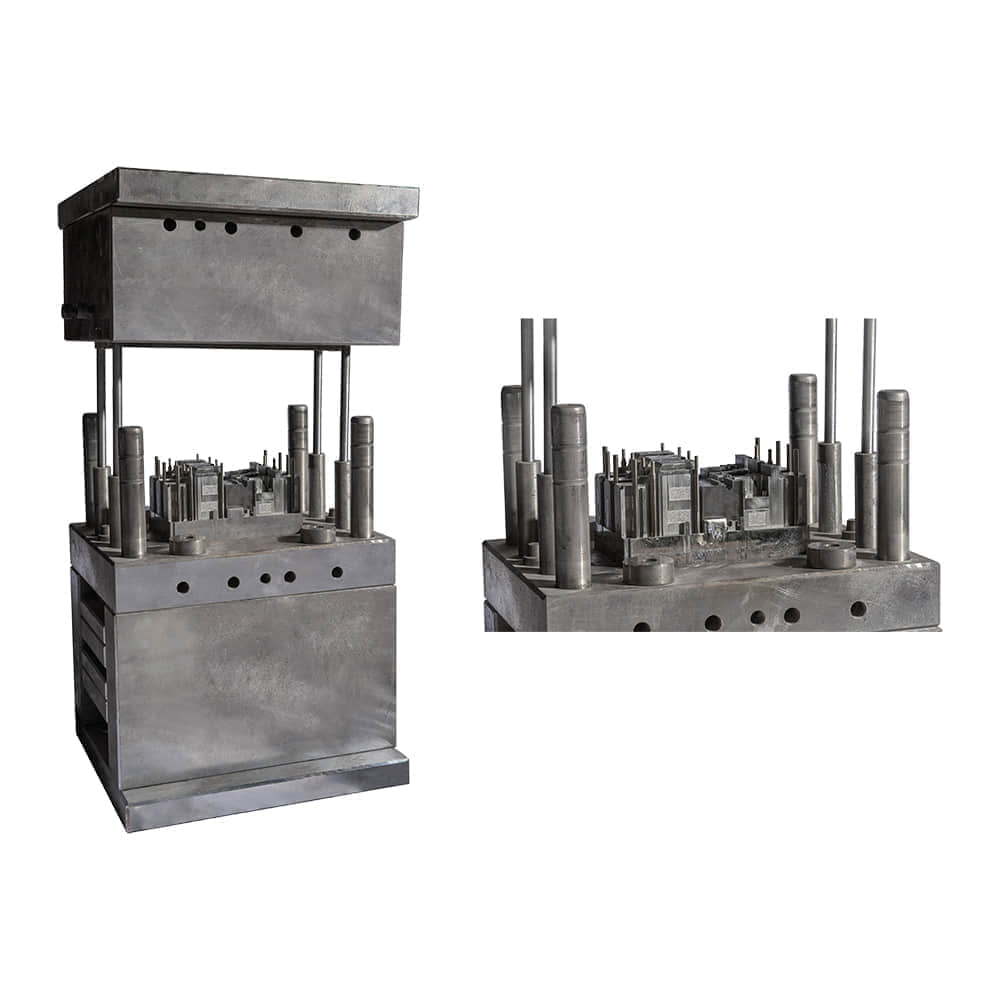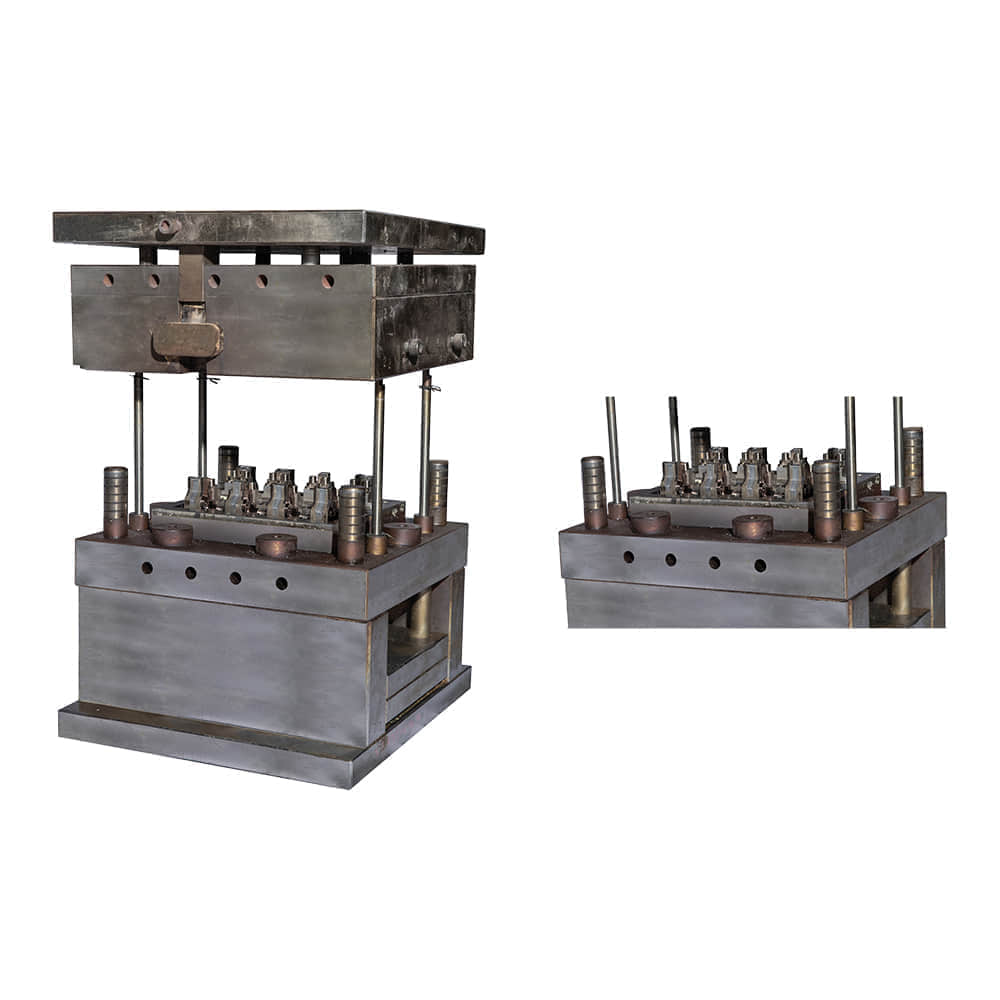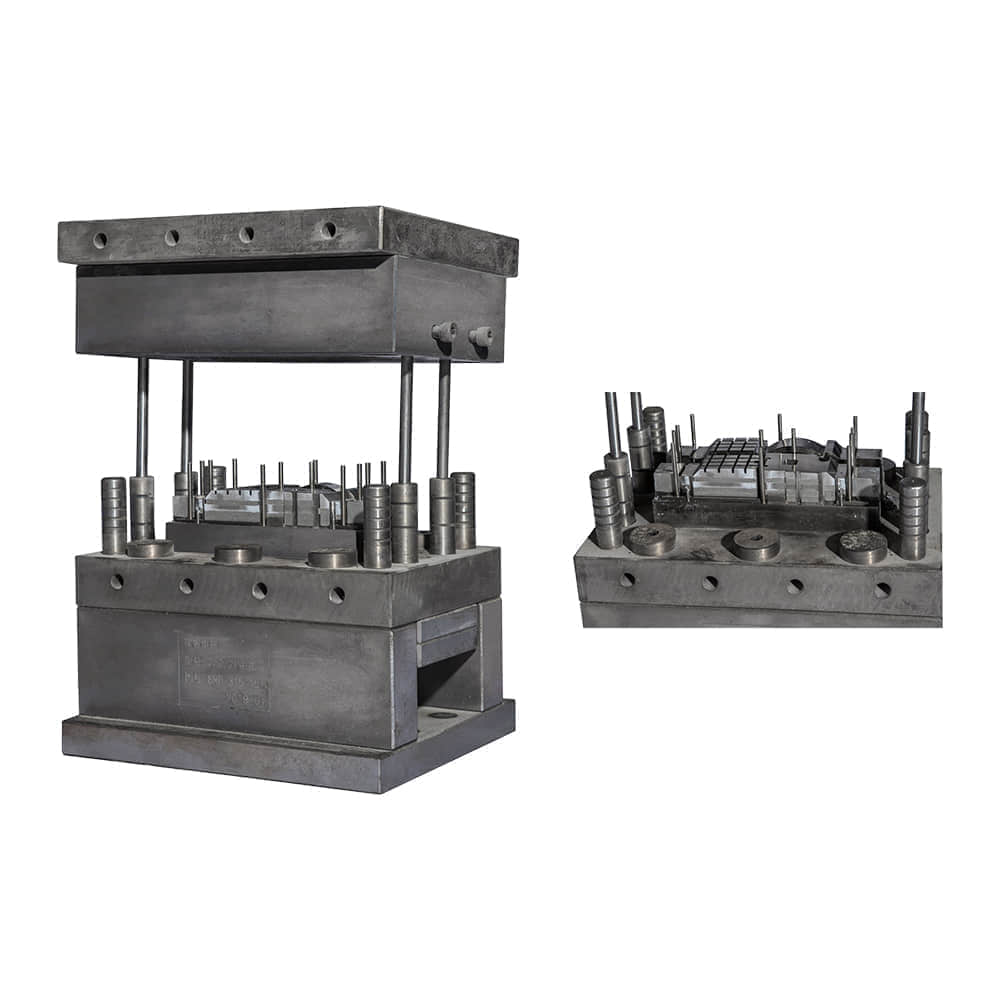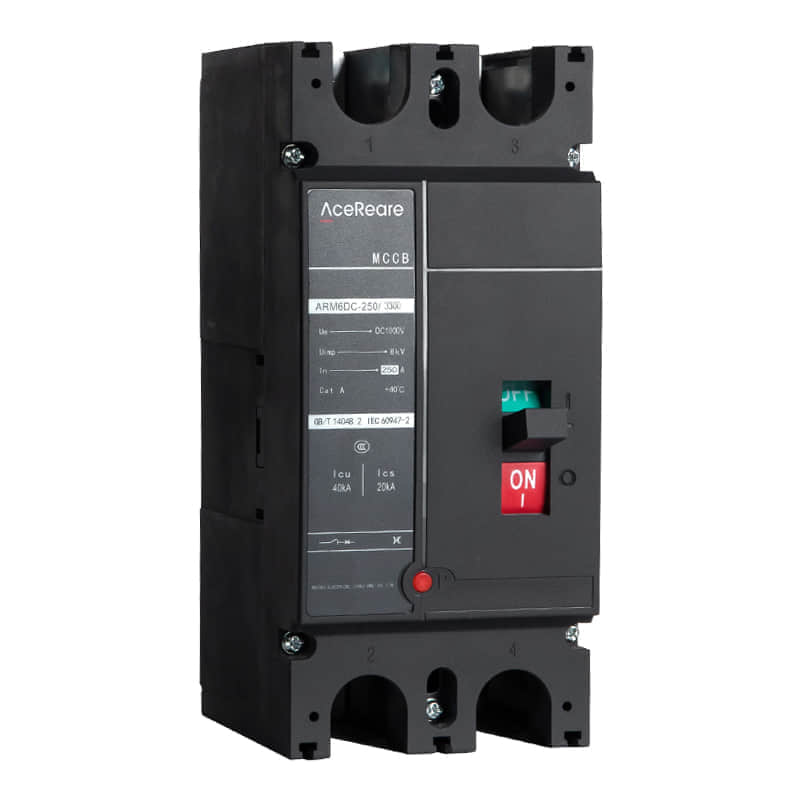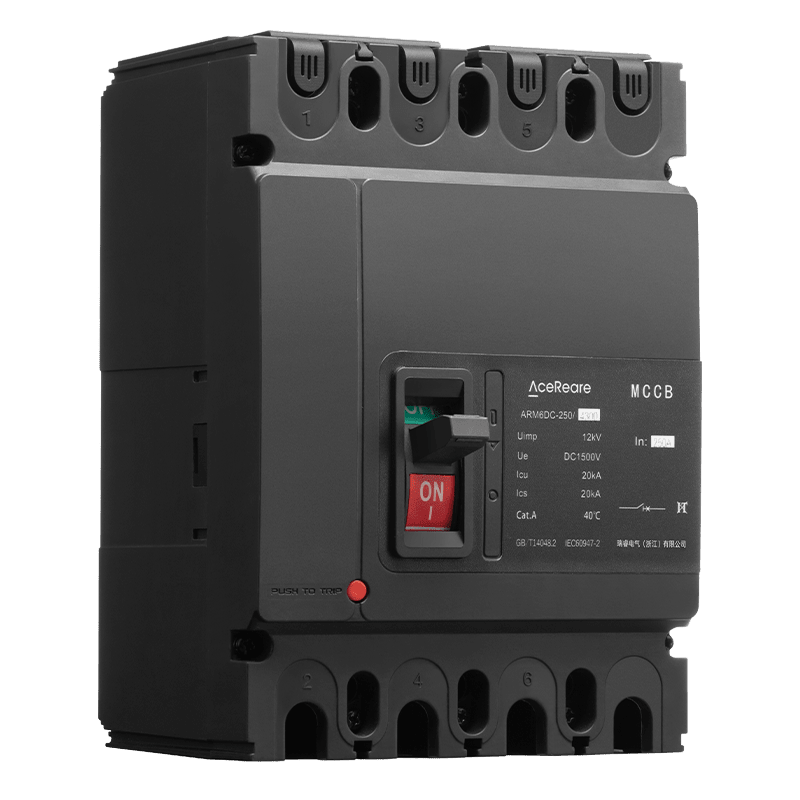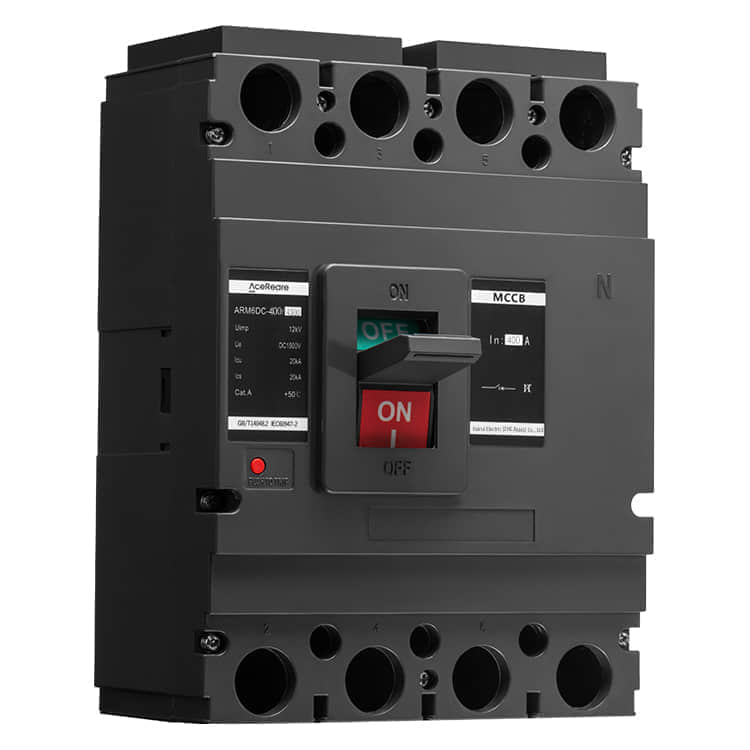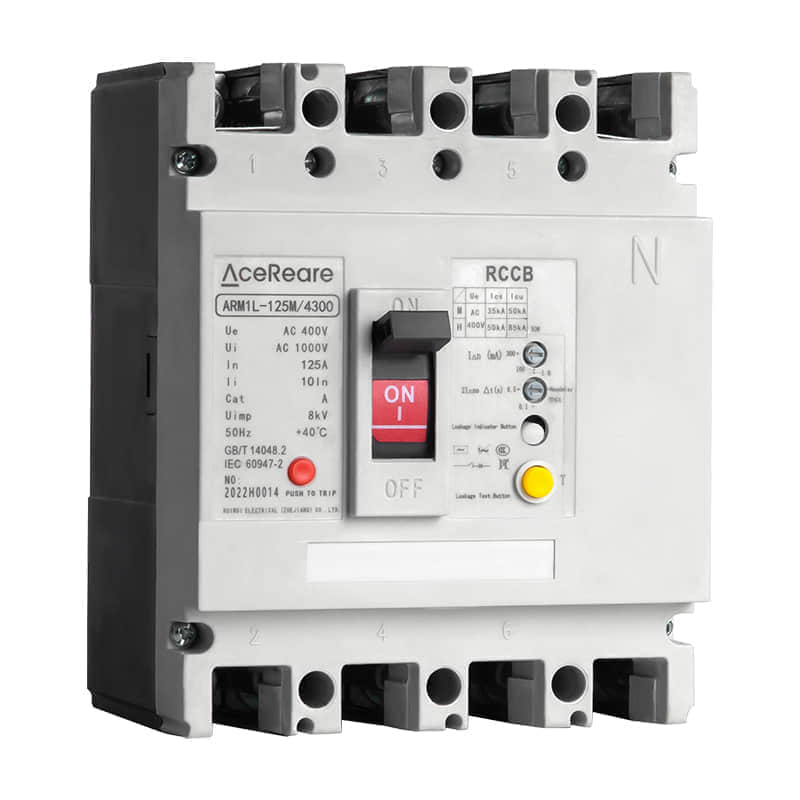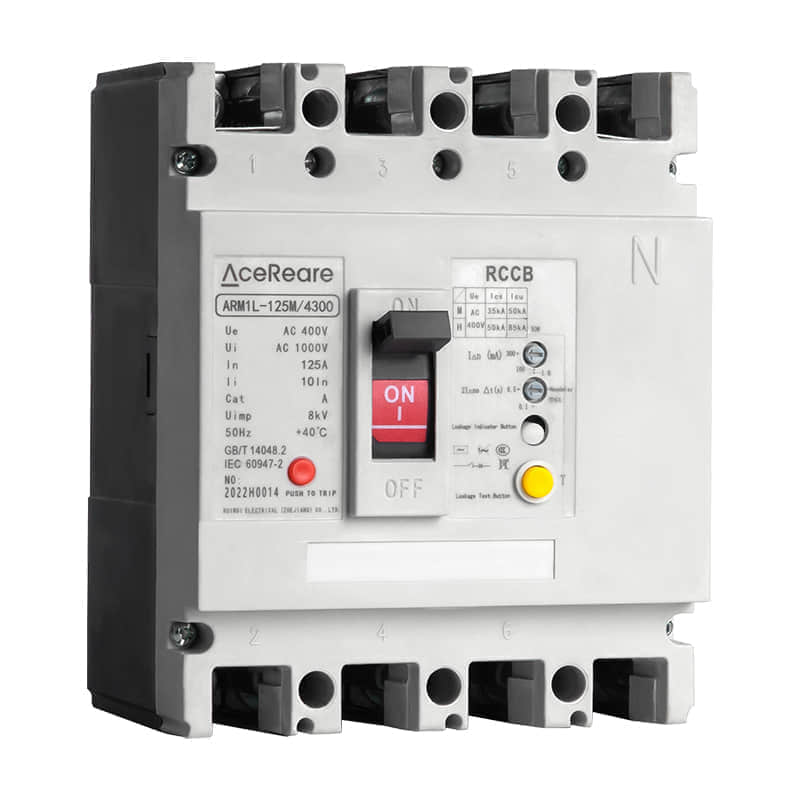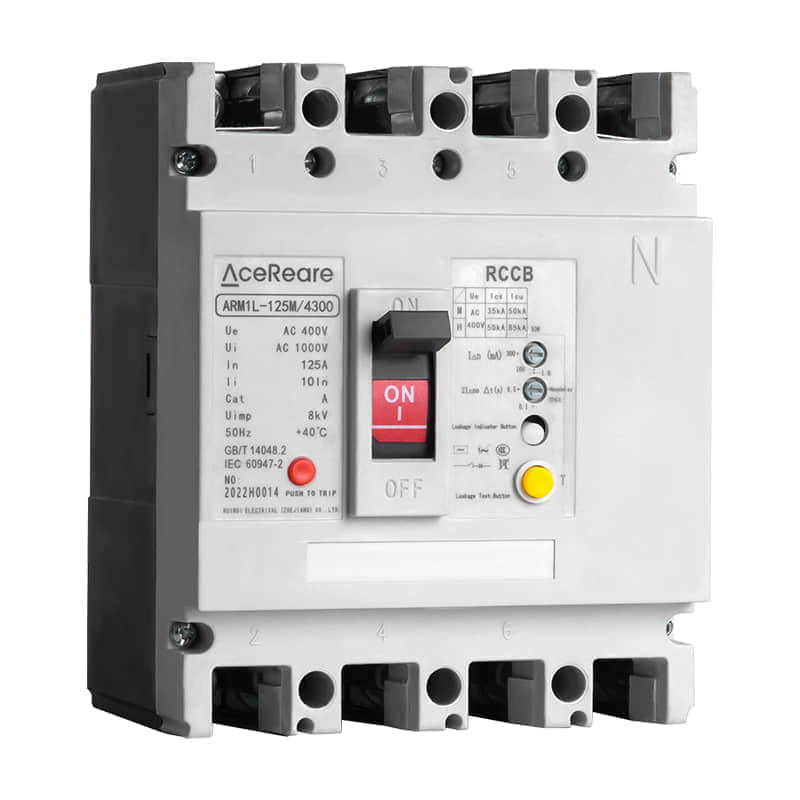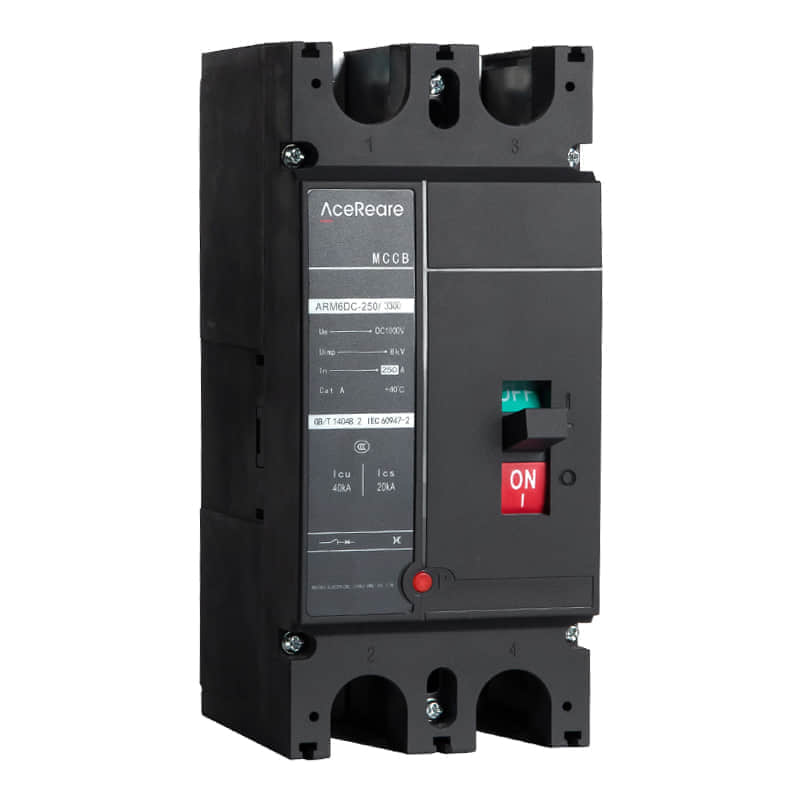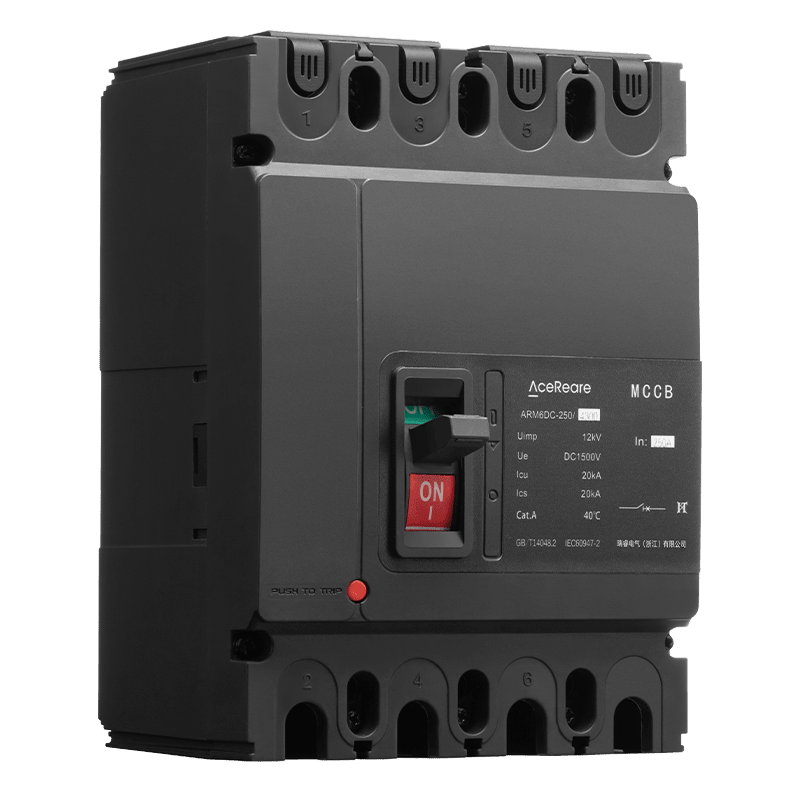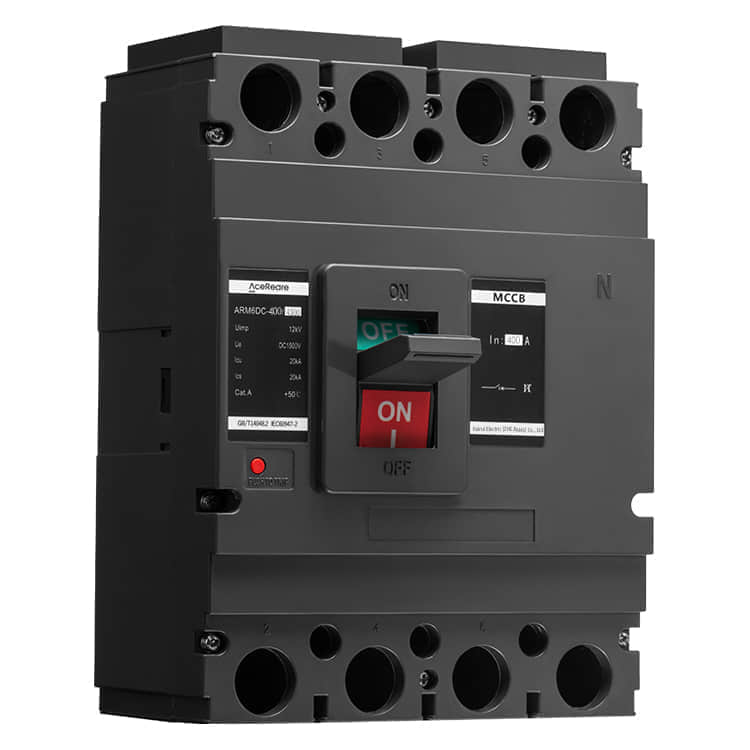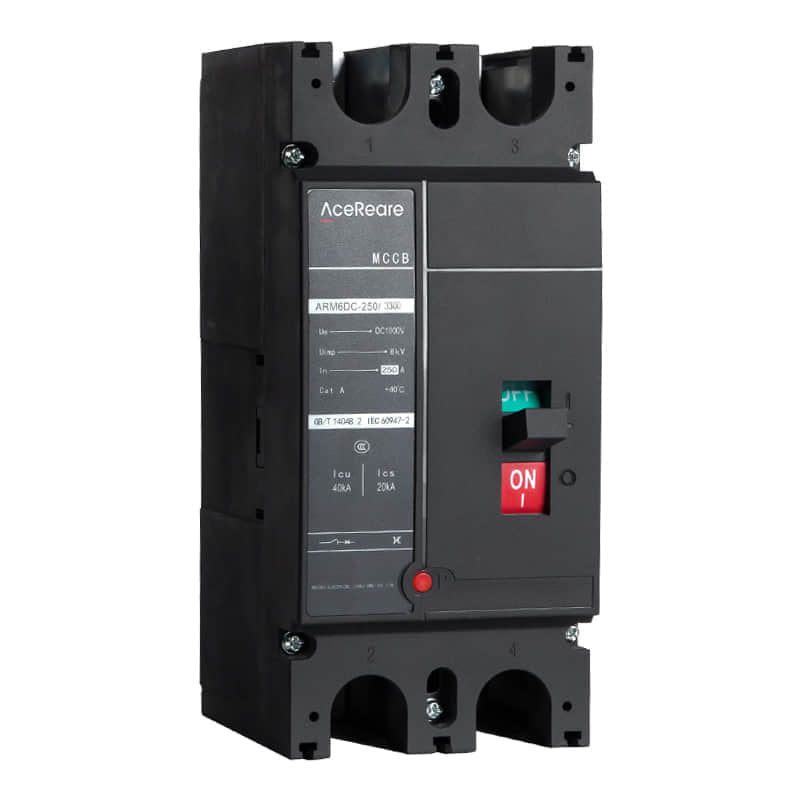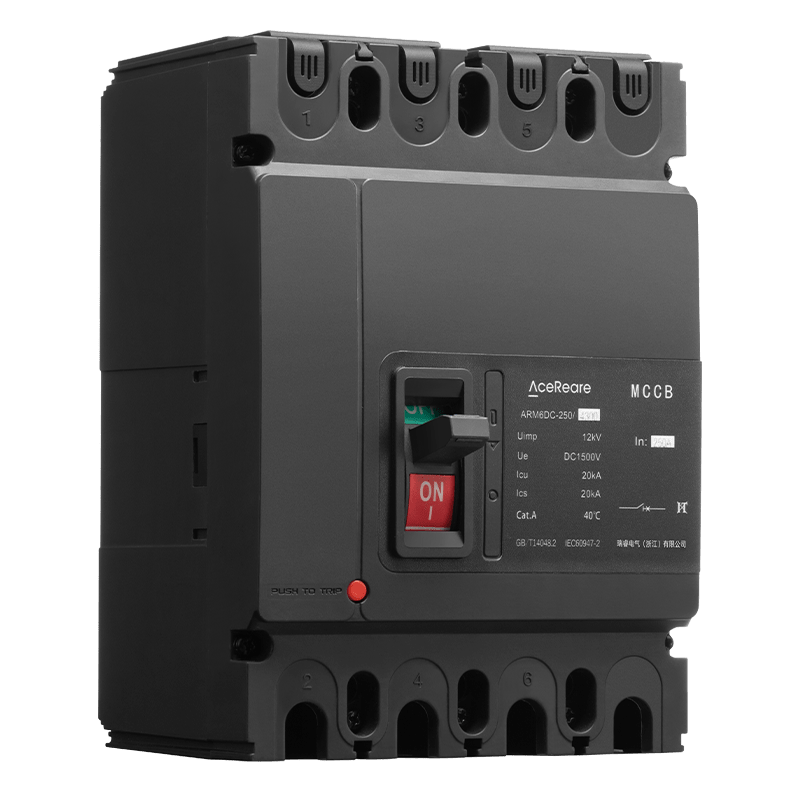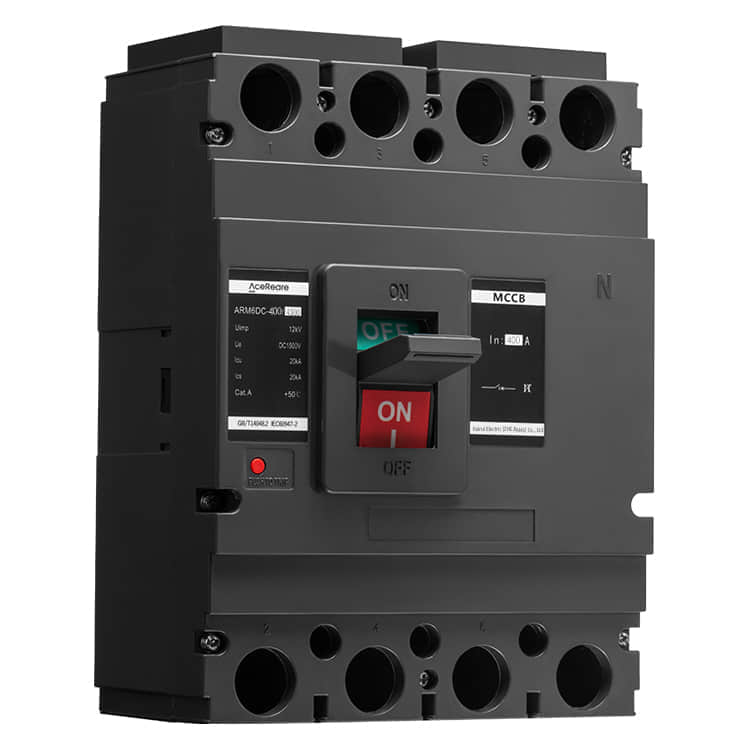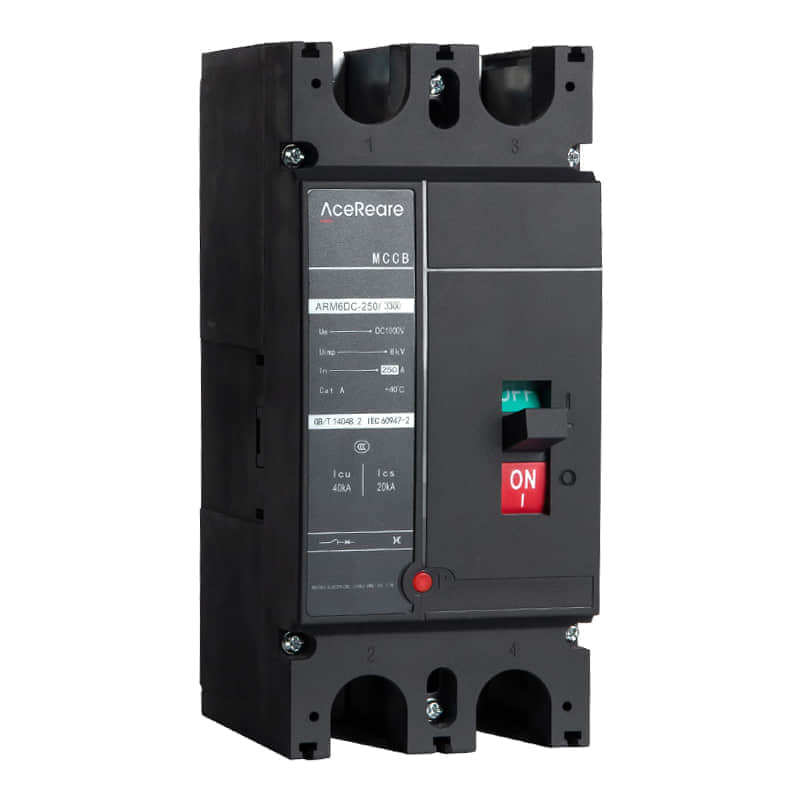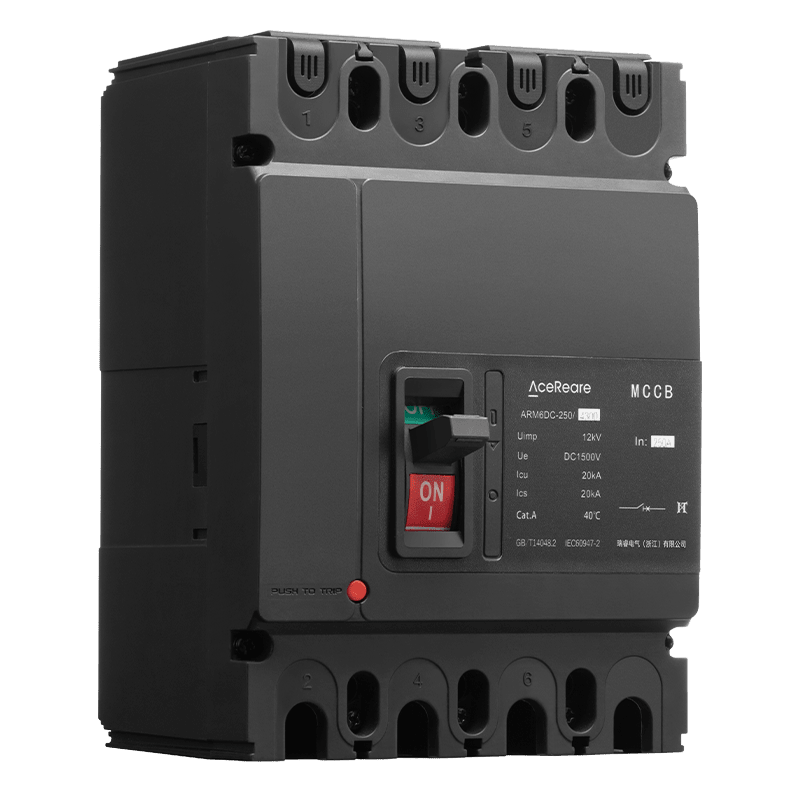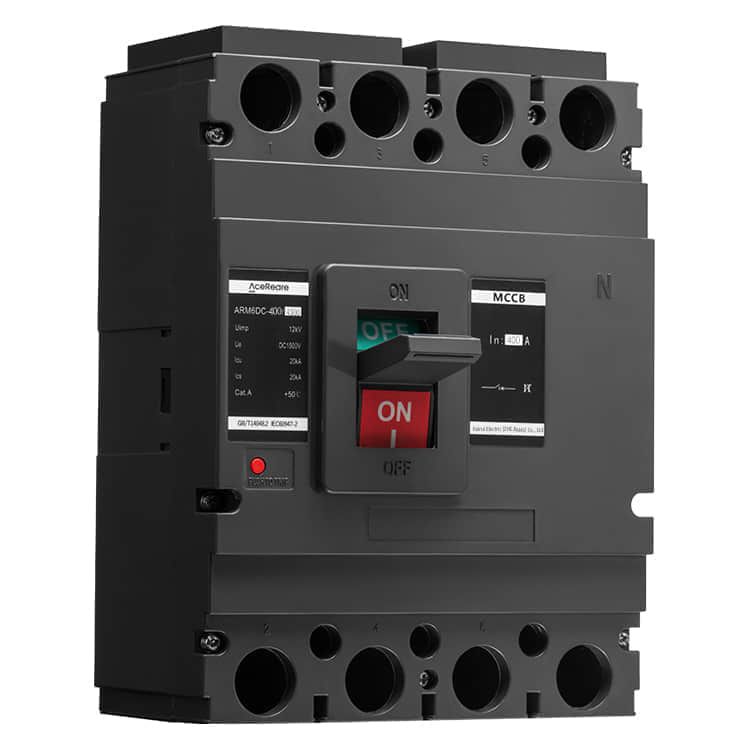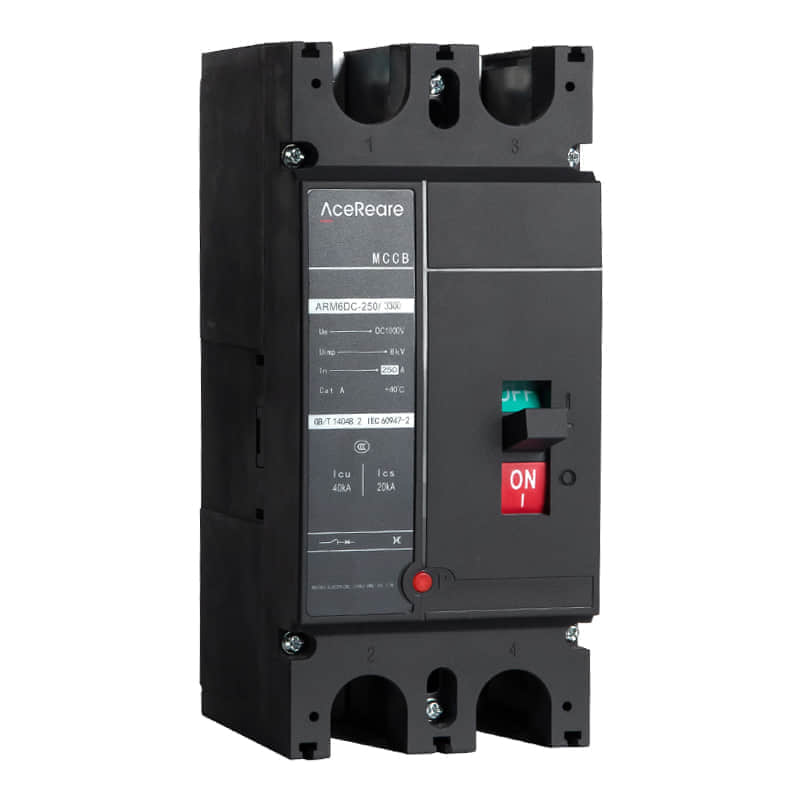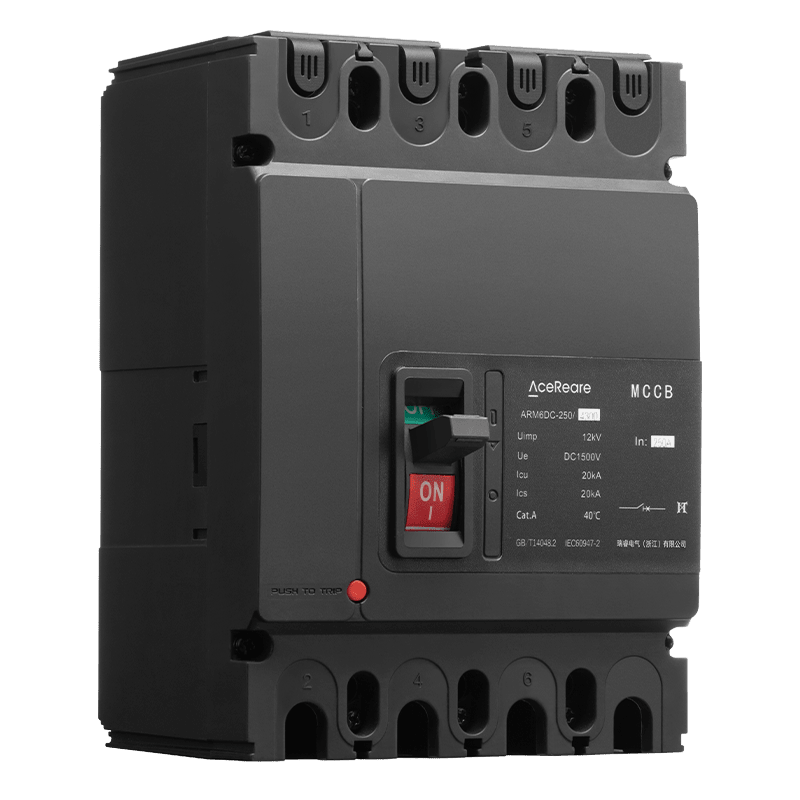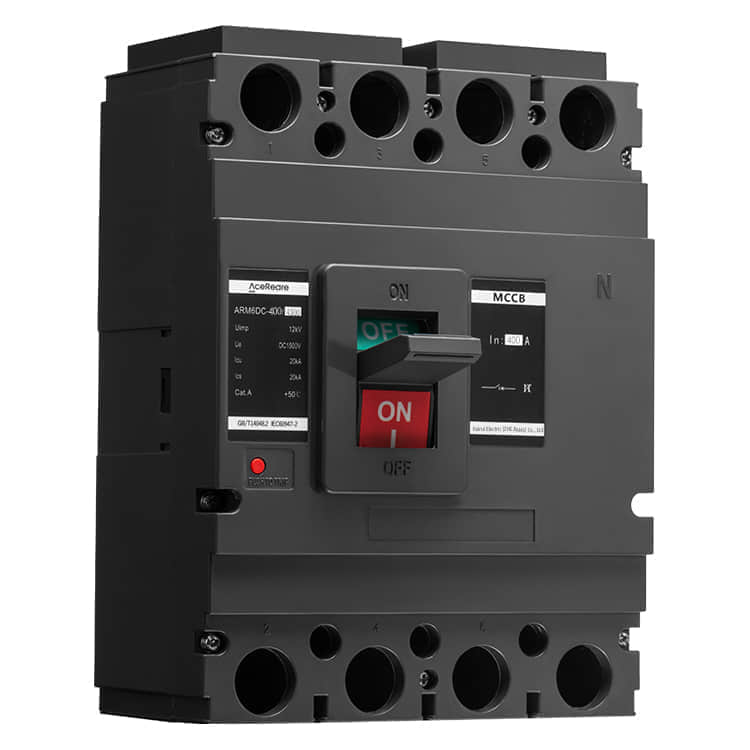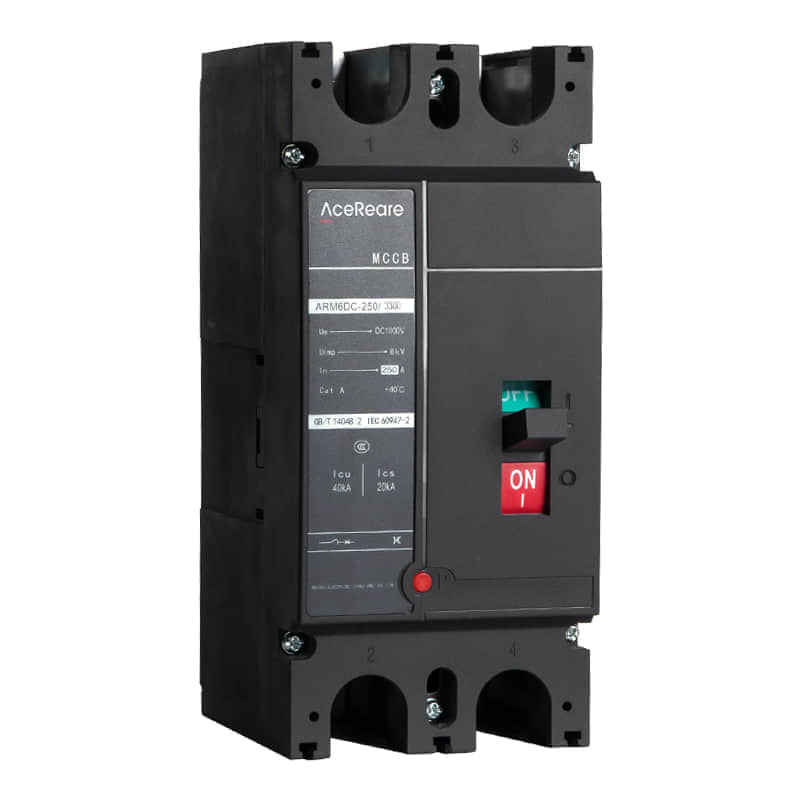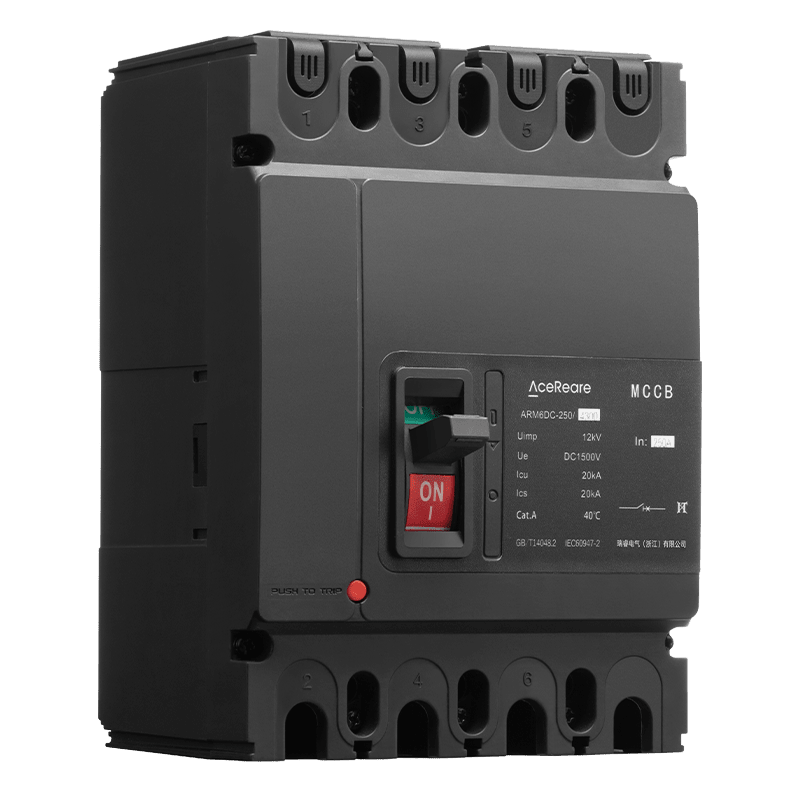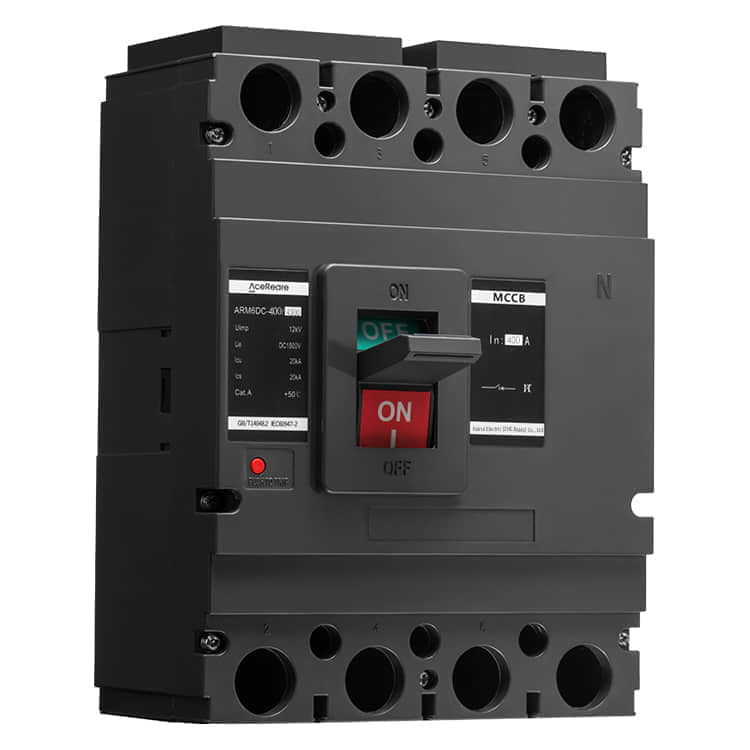In the age of digital transformation, data centers have become the backbone of modern business operations. These facilities house vast arrays of servers, storage systems, and networking equipment, all working tirelessly to process and store data critical to organizations’ success. However, behind the scenes, a crucial component plays a pivotal role in ensuring the seamless operation of these data centers – the Power Distribution Unit, or PDU. In this article, we will delve into the world of PDUs, exploring their significance, types, and key functionalities.
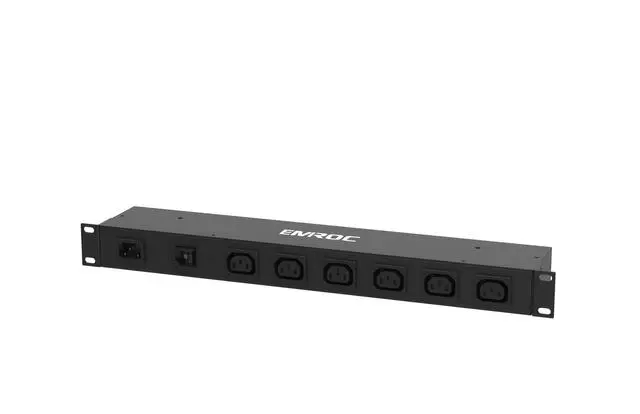
The Significance of PDUs Power Distribution Units, often referred to as PDUs, are essential devices in data centers, serving as the link between the facility’s electrical infrastructure and the multitude of IT equipment it houses. Their primary function is to distribute electrical power to servers, switches, storage devices, and other mission-critical hardware, ensuring continuous operation. Without reliable PDUs, data centers would be vulnerable to power outages, which can result in costly downtime and data loss. Types of PDUs PDUs come in various types, each designed to meet specific requirements and provide various features tailored to the needs of data center operators. The three primary types of PDUs are: Basic PDUs:These are the most straightforward type of PDUs, providing a reliable power distribution solution without additional features. They are typically used in small to medium-sized data centers and are cost-effective. Metered PDUs:Metered PDUs offer more advanced capabilities by providing real-time power consumption data for connected devices. This information is invaluable for capacity planning, load balancing, and ensuring that power resources are used efficiently. Switched PDUs:Switched PDUs take power management to the next level by allowing remote control and monitoring of individual outlets. Data center administrators can remotely power cycle devices, set power usage thresholds, and receive alerts for abnormal conditions, enhancing operational control and reducing the need for physical intervention. Key Functionalities of PDUs PDUs offer a range of critical functionalities that contribute to the efficient operation of data centers: Remote Monitoring and Control:Advanced PDUs enable remote monitoring and control through web interfaces or management software. This remote access allows administrators to make real-time adjustments, minimizing downtime and optimizing power usage. Power Metering:Metered PDUs provide valuable insights into power consumption, helping data center operators identify trends and plan for future growth while ensuring energy efficiency. Redundancy:Many PDUs come with redundancy features, such as dual power inputs and automatic failover, to ensure continuous power distribution even in the event of a component failure. Outlet-Level Control:Switched PDUs allow administrators to control individual outlets, facilitating granular control over connected equipment and improving troubleshooting capabilities. Environmental Monitoring:Some PDUs come equipped with environmental sensors to monitor temperature, humidity, and other conditions in the data center, helping prevent equipment overheating and damage. Conclusion In the ever-evolving landscape of data centers, Power Distribution Units (PDUs) stand as silent sentinels, ensuring the uninterrupted flow of power to critical IT infrastructure. Understanding the significance of PDUs and their various types and functionalities is vital for data center professionals and organizations seeking to maintain high availability, optimize resource utilization, and mitigate risks associated with power-related issues. As data centers continue to grow and adapt to the demands of the digital age, PDUs will remain a fundamental component in their quest for reliability and efficiency.
